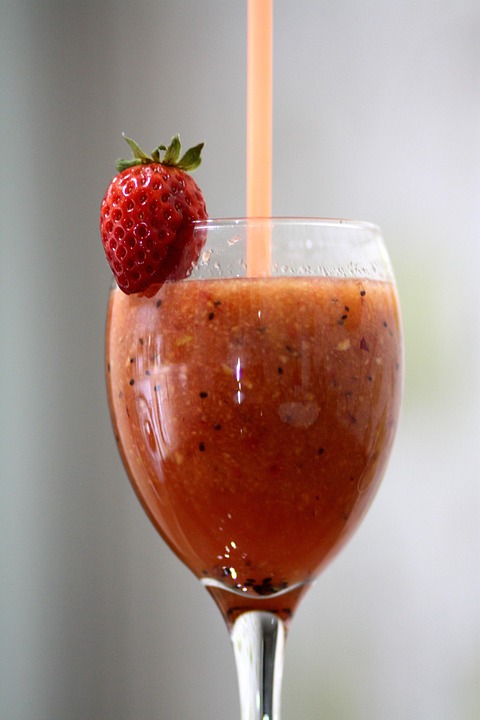The Role of Functional Nutrition in Premium Smoothie Development
Introduction
The smoothie industry has experienced significant growth in recent years, with consumers increasingly seeking out nutritious and convenient options for on-the-go meals and snacks. As a result, the demand for premium smoothies that offer functional benefits, such as improved energy, digestion, and immunity, has been on the rise. In this report, we will explore the role of functional nutrition in the development of premium smoothies, and how companies are leveraging this trend to drive innovation and growth in the market.
Current Market Trends
The global smoothie market is expected to reach $17.4 billion by 2027, with a compound annual growth rate of 7.1% from 2020 to 2027. This growth is driven by increasing consumer awareness of the importance of healthy eating, as well as the growing popularity of plant-based diets and functional foods. In particular, functional smoothies that contain ingredients like superfoods, probiotics, and adaptogens are becoming increasingly popular among health-conscious consumers.
Functional Nutrition in Premium Smoothies
Functional nutrition focuses on the use of specific nutrients and ingredients to support optimal health and wellness. In the context of premium smoothie development, functional nutrition involves incorporating ingredients that offer specific health benefits, such as boosting immunity, improving digestion, or enhancing energy levels. Examples of functional ingredients commonly found in premium smoothies include:
– Turmeric: Known for its anti-inflammatory and antioxidant properties, turmeric is often used in smoothies to support joint health and reduce inflammation.
– Spirulina: A nutrient-dense blue-green algae, spirulina is rich in protein, vitamins, and minerals, making it a popular choice for boosting energy and supporting overall health.
– Chia seeds: High in fiber, omega-3 fatty acids, and antioxidants, chia seeds are often added to smoothies to promote digestion and heart health.
By incorporating these and other functional ingredients into their products, smoothie companies can differentiate themselves in the market and appeal to health-conscious consumers looking for convenient ways to improve their diet and lifestyle.
Case Study: Daily Harvest
One company that has successfully leveraged the trend towards functional nutrition in premium smoothies is Daily Harvest. Founded in 2015, Daily Harvest offers a range of organic, plant-based smoothies, soups, and bowls that are designed to be convenient, nutritious, and delicious. The company’s smoothies are made with carefully selected ingredients, including superfoods like kale, spinach, and cacao, to provide a nutrient-rich option for consumers on the go.
In addition to offering a variety of flavors and ingredient combinations, Daily Harvest also emphasizes the functional benefits of its products. For example, the company’s “Glow” smoothie is formulated with ingredients like acerola cherry, which is rich in vitamin C and antioxidants, to support radiant skin and overall health. By highlighting the specific health benefits of each product, Daily Harvest has been able to attract a loyal customer base of health-conscious consumers looking for convenient, functional foods.
Future Opportunities and Challenges
As the demand for functional nutrition in premium smoothies continues to grow, companies in the industry will need to innovate and adapt to meet consumer preferences and market trends. One potential opportunity for growth is the development of personalized smoothie options that cater to individual health needs and goals. By offering customizable blends and ingredient choices, companies can appeal to a wider range of consumers and provide a more tailored experience.
However, there are also challenges facing the industry, such as sourcing high-quality ingredients, managing production costs, and maintaining consistent product quality. In order to succeed in the competitive smoothie market, companies will need to prioritize product innovation, marketing strategies, and customer engagement to differentiate themselves and drive growth.
In conclusion, the role of functional nutrition in premium smoothie development is a key driver of innovation and growth in the industry. By incorporating specific health benefits into their products and emphasizing the importance of nutrition and wellness, companies can attract health-conscious consumers and capitalize on the growing demand for convenient, nutritious options. As the market continues to evolve, companies that prioritize functional nutrition and product quality will be well-positioned to succeed in the competitive smoothie market.




